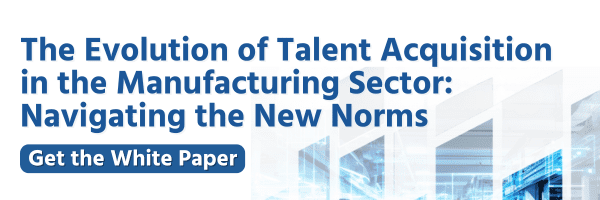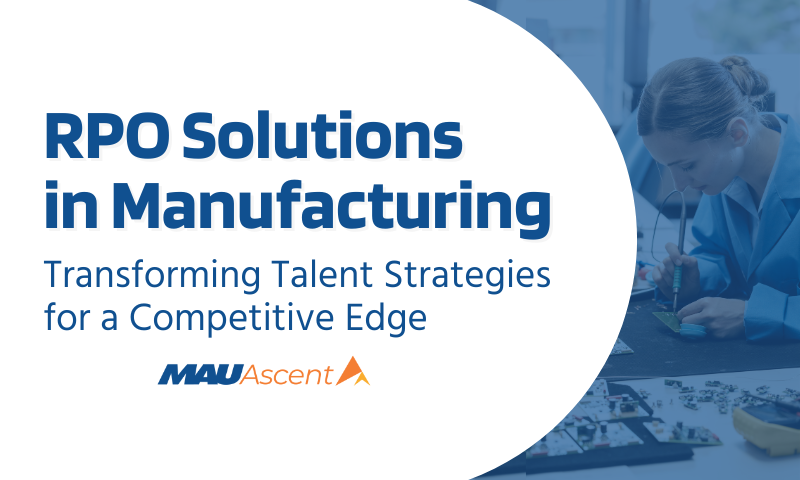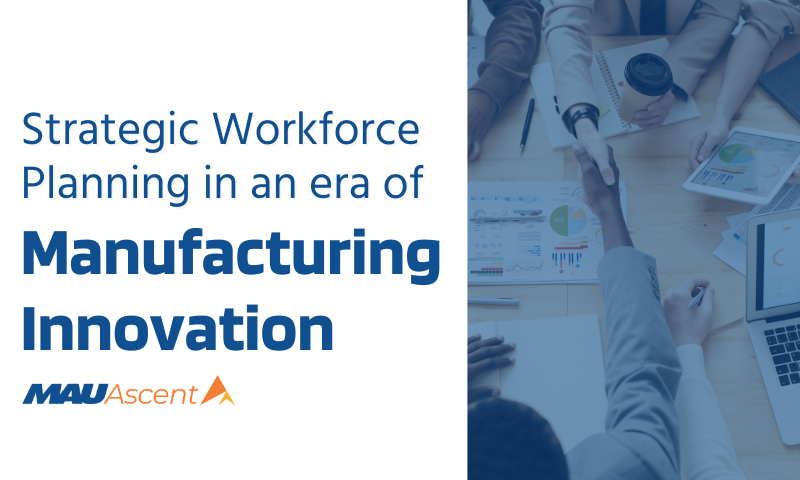The manufacturing industry, known for its constant evolution and adaptation, is undergoing a significant paradigm shift in talent acquisition. As the sector navigates through the challenges posed by fierce competition and technological advancements, it’s imperative for manufacturing executives and HR professionals to devise effective strategies to attract, hire, and retain the skilled workforce essential for thriving in the modern market.
Manufacturing has been a cornerstone of economic development and innovation. The manufacturing market in the United States is projected to grow by approximately 3.16% from 2024 to 2028, resulting in a market volume of $3.59 trillion in 2028. However, globalization and the rapid pace of technological change are reshaping job functions, demanding a new approach to talent management. The need for a workforce that can quickly adapt to technological shifts and changing market demands is more critical than ever.
To stay ahead, the manufacturing industry must focus on evolving its talent acquisition and development strategies to meet the needs of a dynamic global market and ensure sustained growth and competitiveness.
The Changing Landscape of Manufacturing Talent Acquisition
The manufacturing landscape is undergoing a revolutionary transformation, marked by the emergence of Industry 4.0 — the blending of digital technologies with traditional manufacturing processes. This transformation is not only altering the nature of manufacturing work but also reshaping the profiles of roles required within the sector.
Consequently, the approach to talent acquisition in manufacturing must adapt to these changes, evolving from traditional methods to more sophisticated and dynamic strategies. This section will explore how digitalization, changing workforce demographics, and increased competition for skilled labor are changing the playbook for attracting and retaining talent in the manufacturing sector.
Digital Transformation and Its Impact
Digital transformation is revolutionizing the manufacturing sector. Automation, AI, and advanced robotics are not only altering production lines but also the skills required to operate and manage them effectively. The modern manufacturing workforce must be proficient in digital literacy, problem-solving, and technical skills that extend beyond traditional manufacturing roles.
Shifts in Workforce Demographics
Gen Z now makes up a significant portion of the global workforce, in 2030, we’ll see Generation Z constitute about 30% of the workforce. This group brings a new set of skills and expectations, which will impact how industry leaders approach workforce management.
The Rise of Flexible Work
The pandemic’s operational disruptions showcased the importance of flexible scheduling within manufacturing, a traditionally hands-on industry. Adapting to hybrid models and flexible work arrangements has become a crucial factor in talent acquisition strategies.
The path to industry leadership in the manufacturing sector lies in recognizing and adeptly responding to the evolving norms of talent acquisition. By integrating innovative approaches, fostering a culture of continuous learning, and leveraging expert partnerships, companies can secure the beacon of human capital that will guide them through industry 4.0 and beyond.
To learn more about the changing landscape of talent acquisition, download “The Evolution of Talent Acquisition in the Manufacturing Sector: Navigating the New Norms”.





